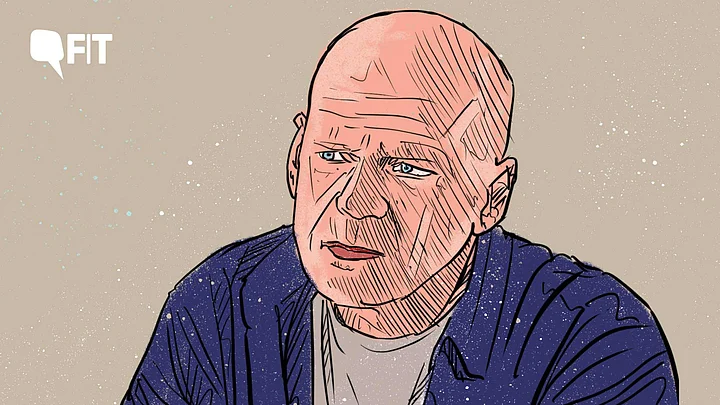It was announced on Wednesday, 30 March, that actor Bruce Willis will be 'stepping away' from acting after recently being diagnosed with Aphasia.
The actor's family took to social media to announce his retirement, adding that the condition has been impacting his ability to understand language making it increasingly difficult for Willis to keep working.
The Die Hard star, 67, has reportedly been suffering from declining cognitive issues for years now.
What is Aphasia?
Although it is most common in middle to old aged people, anyone, including children can develop the disorder.
Both men and women are equally prone to Aphasia according to the US National Institute of Deafness and Other Communication Disorders.
There are mainly two types of Aphasia depending on which part of the brain is impacted.
Broca aphasia is caused by damage to the front of the language dominant side of the brain.
Wernicke aphasia is caused by damage to the side of the language dominant part of the brain.
There is also Global aphasia which is a result of extensive damage to the part of the responsible for language.
Symptoms and Treatment
According to Johns Hopkins Medicine, a person's symptoms will depend on the type of Aphasia they have.
With Broca aphasia, those affected are more likely to have motor issues as well as the front of the brain is responsible for not only speech but your motor skills too.
People who have Wernicke aphasia are more likely to find long sentences confusing, an have trouble understanding speech.
People with global aphasia, on the other hand will hand extensive difficult in comprehending language and may even have difficulty stringing simple sentences together.
Although some people do recover from the condition without any treatment, especially in the case of head injury induced aphasia, according to the US National Institute of Deafness and Other Communication Disorders.
Treatment for aphasia will depend on your age, medical history, and the progression of the condition.
According to Johns Hopkins Medicine, your doctor may put you on speech-language therapy, or nonverbal communication therapies.
Families of patients may also be encouraged to go to group therapy.

